Microsoft’s Windows 10 AI Copilot update could sway enterprise users
The launch of the Windows 10 AI Copilot could enable Microsoft to target a far broader user base

Rory Bathgate

Sign up today and you will receive a free copy of our Future Focus 2025 report - the leading guidance on AI, cybersecurity and other IT challenges as per 700+ senior executives
You are now subscribed
Your newsletter sign-up was successful
Microsoft is reportedly planning to integrate its AI Copilot in Windows 10 as part of a sweeping new update, according to reports.
The decision to roll out its AI Copilot for Windows 10 users could prove vital in its push to boost adoption of the AI assistant.
The move will see Windows 10 users given access to a Copilot button on the taskbar, enabling them to access the tool to support a range of tasks, according to Windows Central.
Copilot capabilities on Windows 10 are expected to be “roughly the same” as on Windows 11, the publication said. This will also include plugin compatibility across both versions of the operating system.
Copilot officially rolled out on the operating system in November 2023 as part of the Windows 11 version 23H2 update.
Sources told Windows Central the update is part of an effort to capitalize on the significant market share that Windows 10 still holds.
The move could allow Microsoft to get more eyes on the AI Copilot by drawing on a far larger user base. At present, Windows 11 boasts around 400 million monthly active devices globally, whereas Windows 10 is still in use on around one billion devices.
Sign up today and you will receive a free copy of our Future Focus 2025 report - the leading guidance on AI, cybersecurity and other IT challenges as per 700+ senior executives
The resounding popularity of Windows 10 has proven difficult for Microsoft to overcome in its efforts to push users to the newer OS following its launch in October 2021.
Sources told Windows Central that the move will also give Microsoft an “easier time selling developers on the idea that they should build plugins for Copilot” given it will be available to users of both operating systems.
Windows 10 AI Copilot looks to target enterprise users
RELATED RESOURCE

Transform your businesses with intelligent automation
DOWNLOAD NOW
Copilot represents billions of dollars of potential revenue for Microsoft. The firm has gone all in on AI throughout its stack to stay ahead of competitors, having spent billions supporting OpenAI in return for the use of the AI developer’s models.
This bet has paid off, as customer anticipation for Copilot lifted Azure revenues in the firm’s Q1 2024, and Microsoft has leant ever more heavily into the importance of generative AI as a cornerstone of the new Windows experience.
The full release of the AI Assistant on Windows 11 was a moment for which the firm had spent a full year preparing, with gradual releases and teases of products across the Copilot range such as GitHub Copilot, as well as Bing and Edge Copilot.
It makes sense that Microsoft would want to provide the large number of users clinging onto Windows 10 a taste of what they are currently missing with Copilot for Windows 11.

Rory Bathgate is Features & Multimedia Editor at ITPro, leading our in-depth content and case studies. He can also be found co-hosting the ITPro Podcast with Jane McCallion, swapping a keyboard for a microphone to discuss the latest learnings with thought leaders from across the tech sector.
Because the processing for Copilot is fulfilled entirely in the cloud, there are no hardware requirements that would hold back even older Windows 10 machines from enjoying the benefits of the AI assistant.
Windows 10 is set to hit its end of life (EOL) in 2025, so between now and then the firm has a little over a year to convince users who might otherwise switch to MacOS or Linux that there are powerful reasons to stick with Windows in the form of Windows 11.
Microsoft could particularly target the Windows 10 Enterprise crowd, who could be swayed by the ease of use for Copilot in Windows and subsequently look into the more powerful features of Microsoft 365 Copilot for their business.
Questions around end of life support are being considered by figures at Microsoft, according to Windows Central. Internal discussions are ongoing over whether this could be extended if the roll-out of Copilot on the operating system proves popular.

Ross Kelly is ITPro's News & Analysis Editor, responsible for leading the brand's news output and in-depth reporting on the latest stories from across the business technology landscape. Ross was previously a Staff Writer, during which time he developed a keen interest in cyber security, business leadership, and emerging technologies.
He graduated from Edinburgh Napier University in 2016 with a BA (Hons) in Journalism, and joined ITPro in 2022 after four years working in technology conference research.
For news pitches, you can contact Ross at ross.kelly@futurenet.com, or on Twitter and LinkedIn.
- Rory BathgateFeatures and Multimedia Editor
-
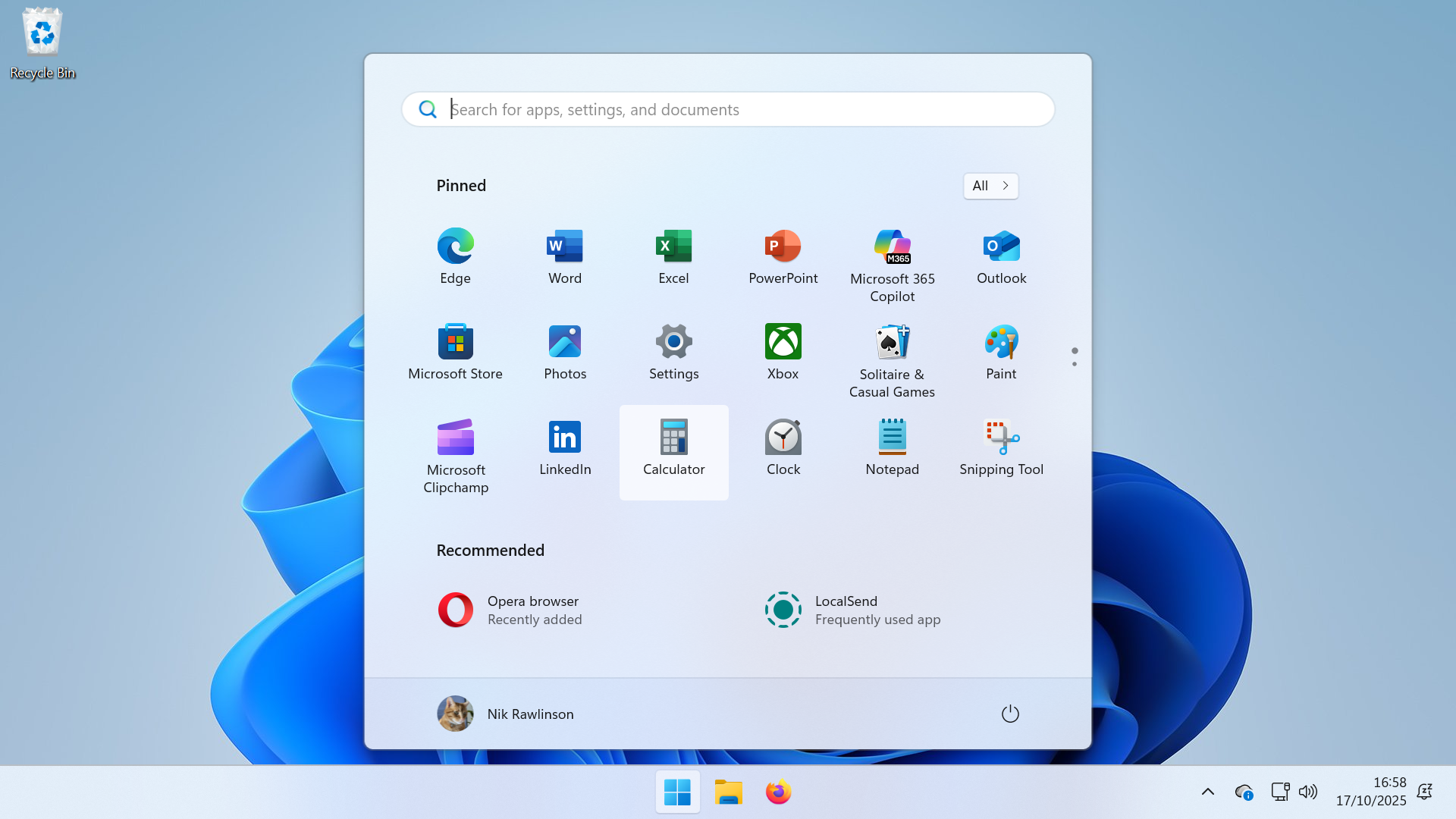 Windows 10 end of life has passed – here's your business guide to Windows 11
Windows 10 end of life has passed – here's your business guide to Windows 11In-depth As Windows 10's mainstream support ends, it's time for businesses who have yet to upgrade to take a second look at Windows 11
-
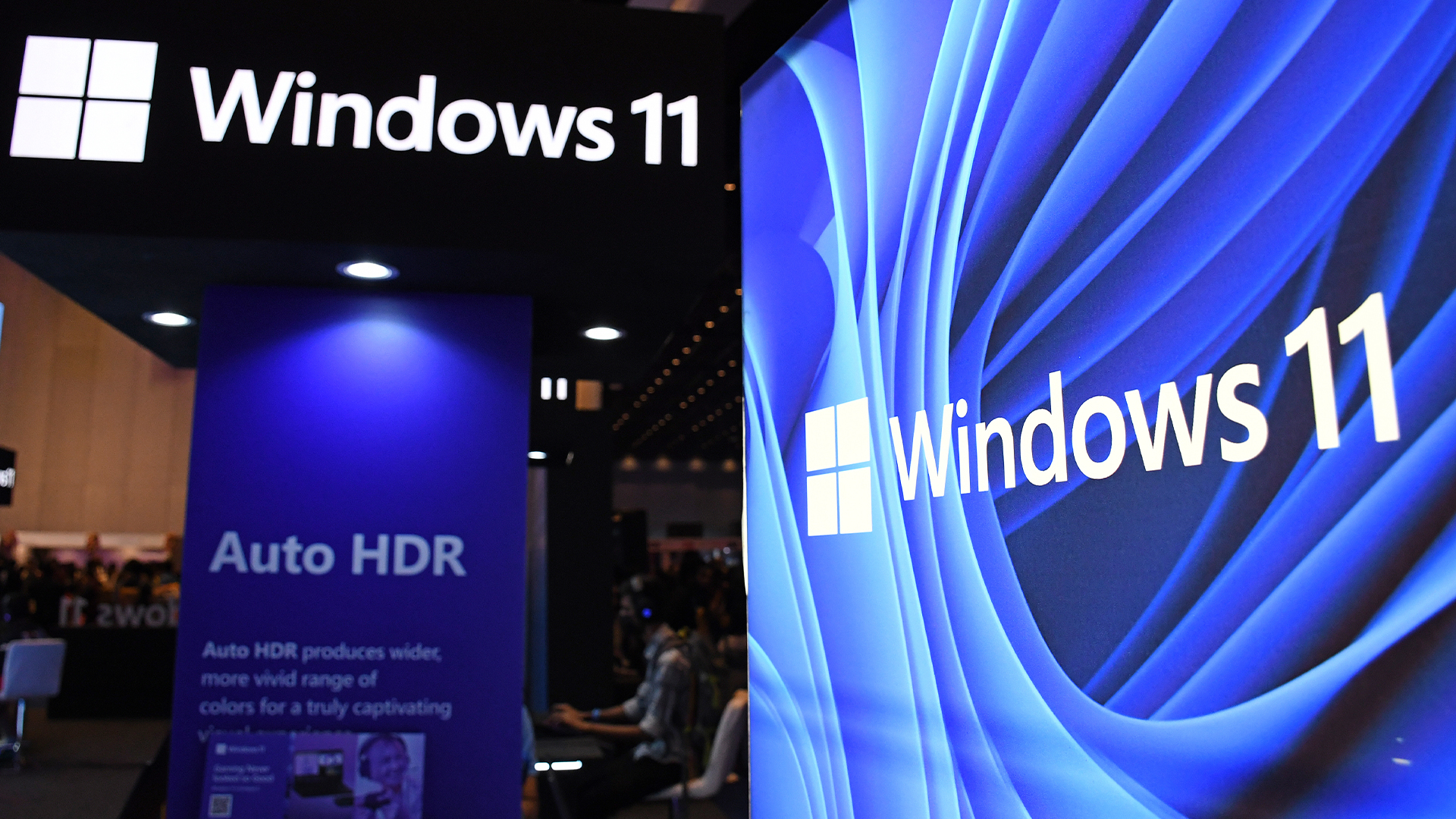 Microsoft issues fix for Windows 11 update that bricked mouse and keyboard controls in recovery environment – here's what you need to know
Microsoft issues fix for Windows 11 update that bricked mouse and keyboard controls in recovery environment – here's what you need to knowNews Yet another Windows 11 update has caused chaos for users
-
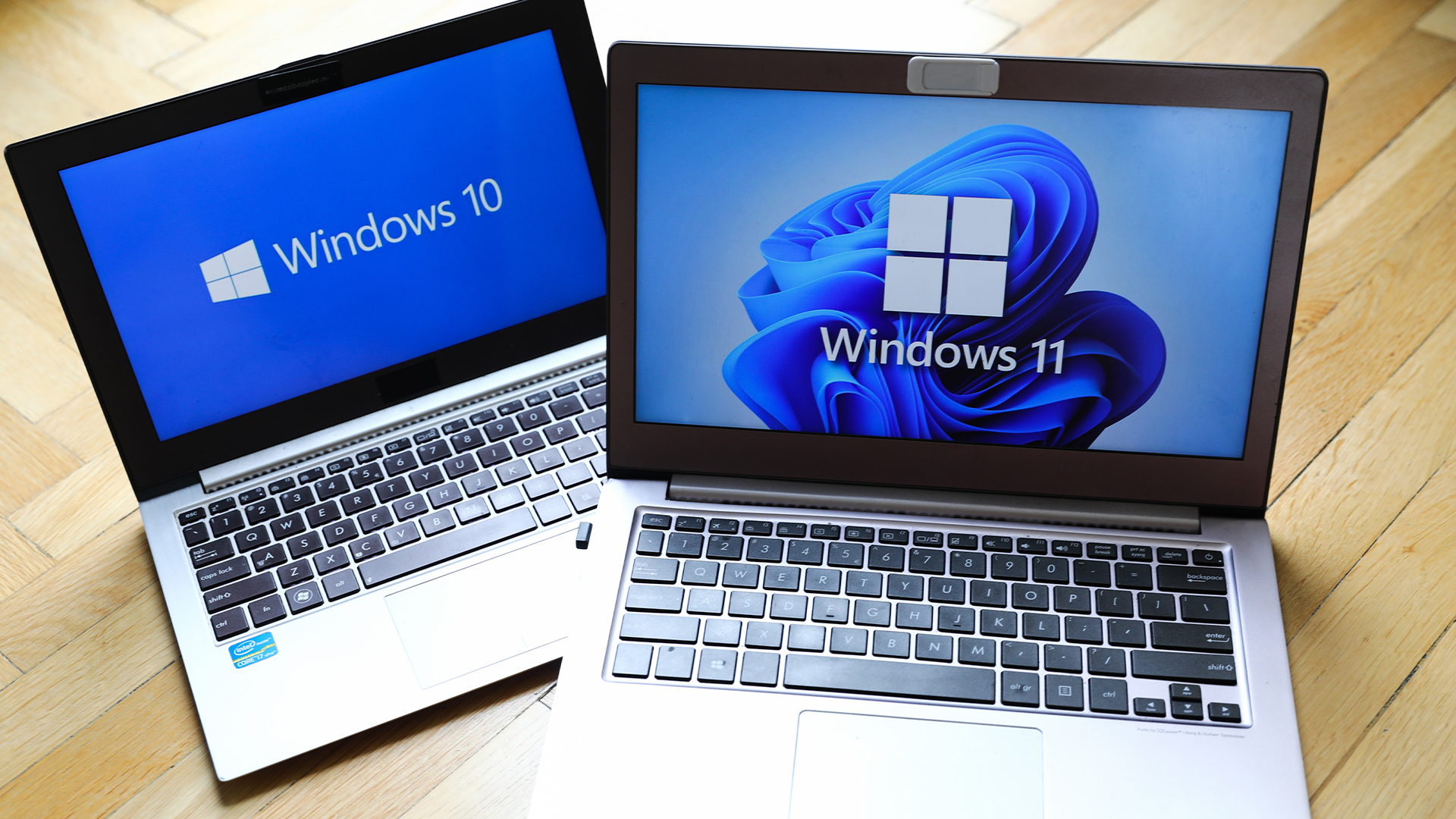 Windows 10 end of life could create a major e-waste problem
Windows 10 end of life could create a major e-waste problemNews The study marks the latest Windows 10 end of life e-waste warning
-
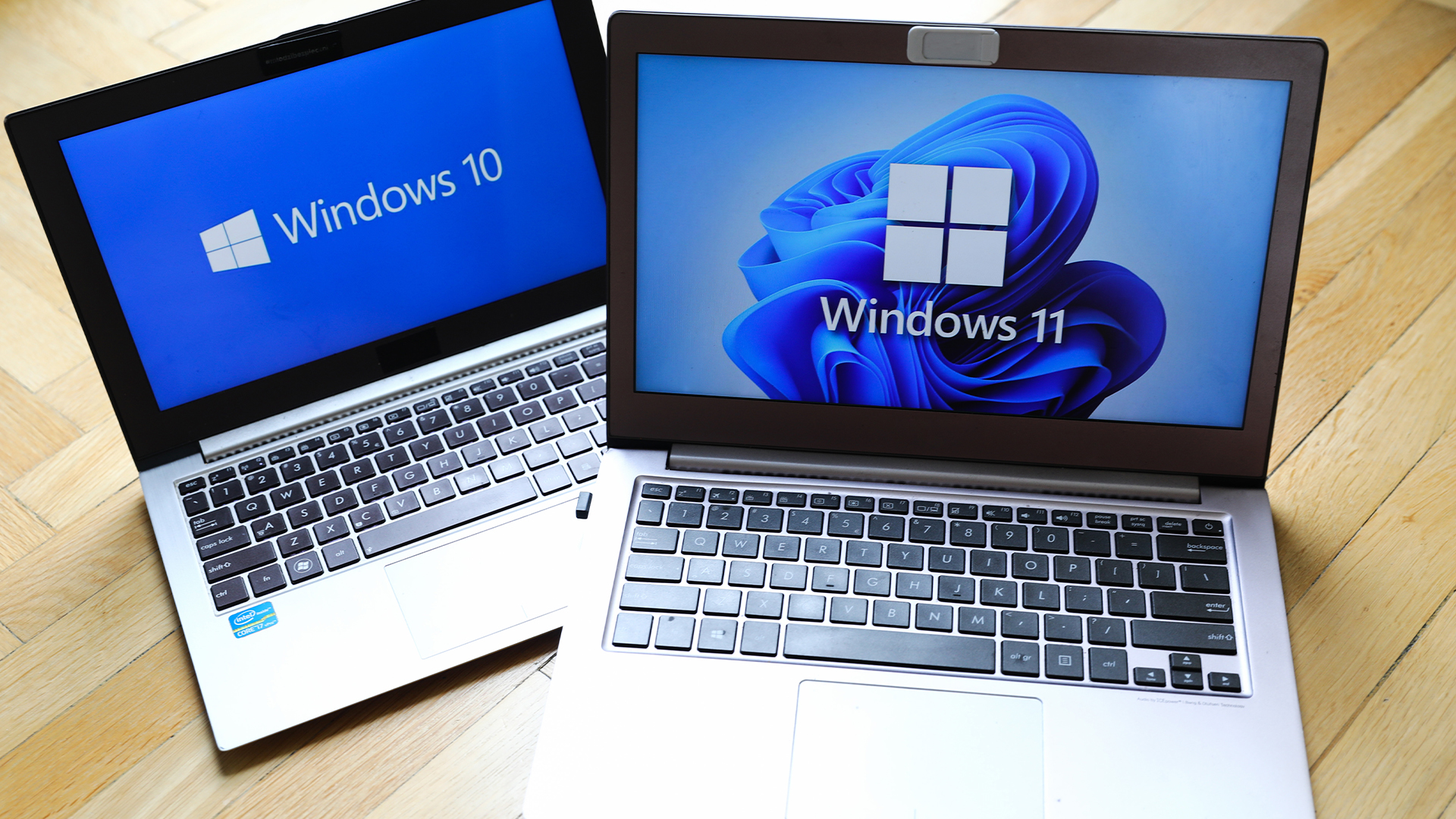 Windows 10 extended support costs could top $7 billion
Windows 10 extended support costs could top $7 billionNews Enterprises sticking with Windows 10 after the October deadline face huge costs
-
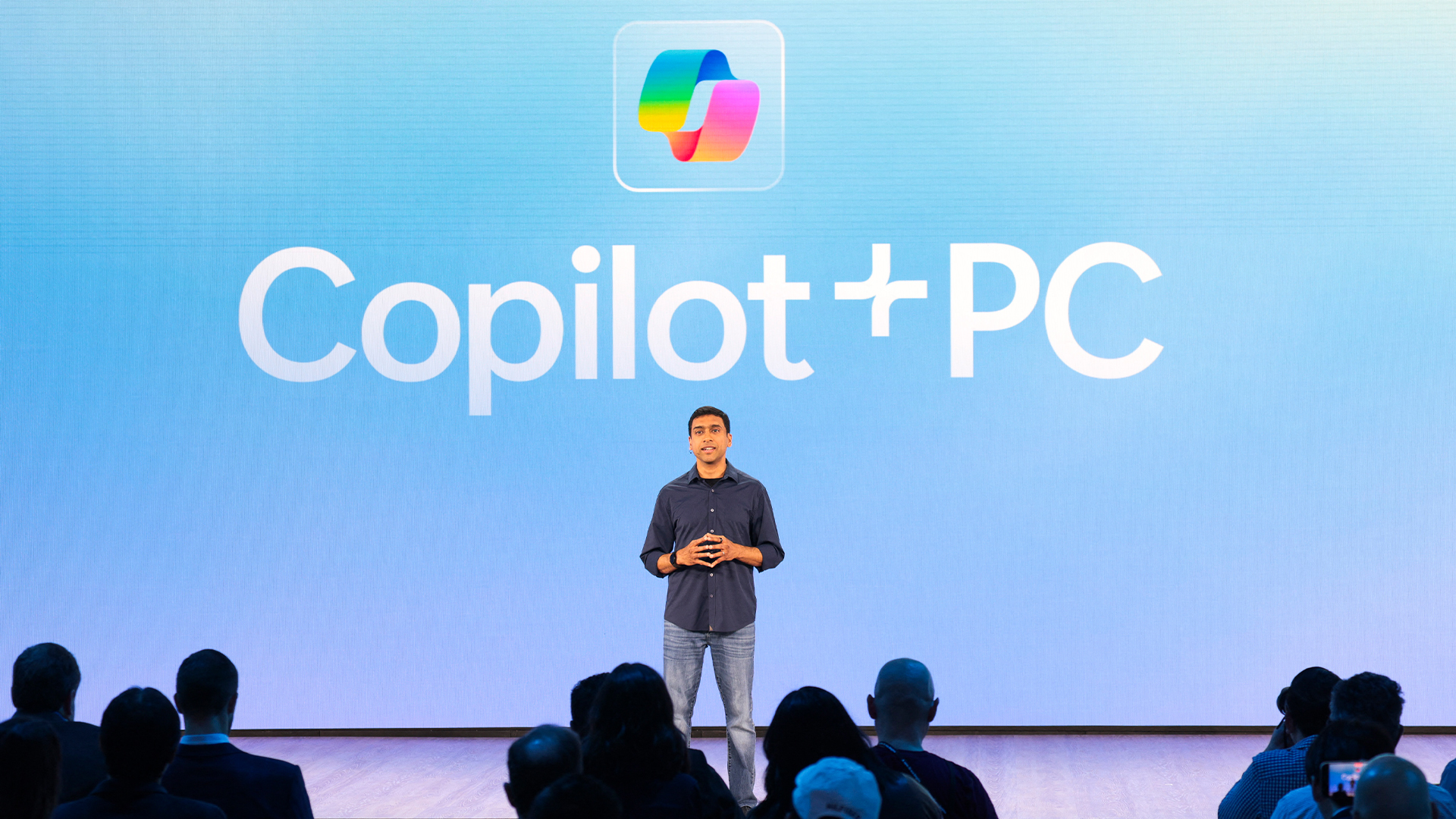 A senior Microsoft exec says future Windows versions will offer more interactive, ‘multimodal’ experiences
A senior Microsoft exec says future Windows versions will offer more interactive, ‘multimodal’ experiencesNews With speculation over a Windows 12 reveal mounting, a senior company figure claims the new operating system will mark a step change for users
-
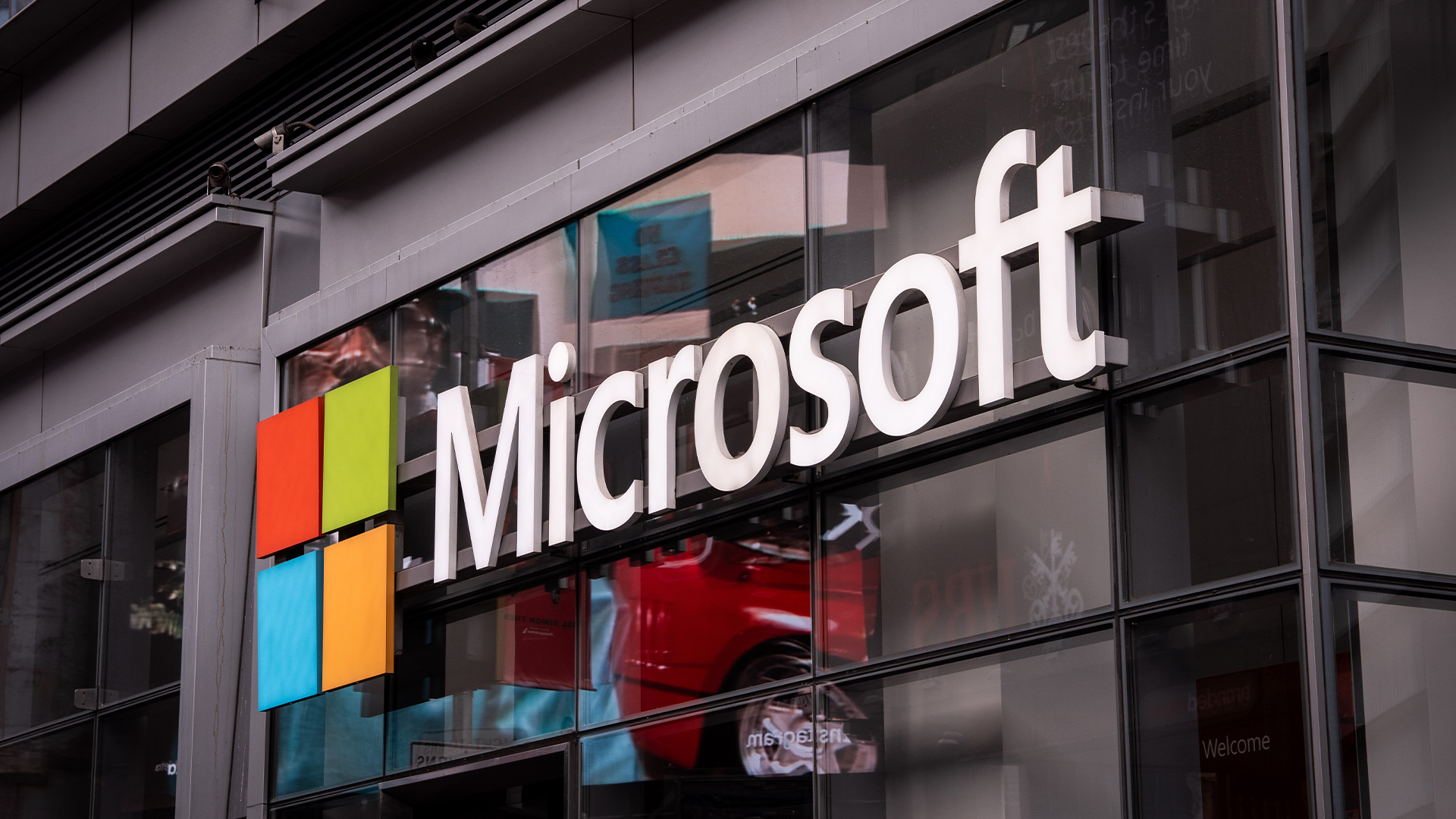 Microsoft’s botched August updates wiped SSDs, now it’s breaking PC resets and recoveries on Windows
Microsoft’s botched August updates wiped SSDs, now it’s breaking PC resets and recoveries on WindowsNews An out-of-band patch has been issued by Microsoft to fix a flaw introduced by its August update
-
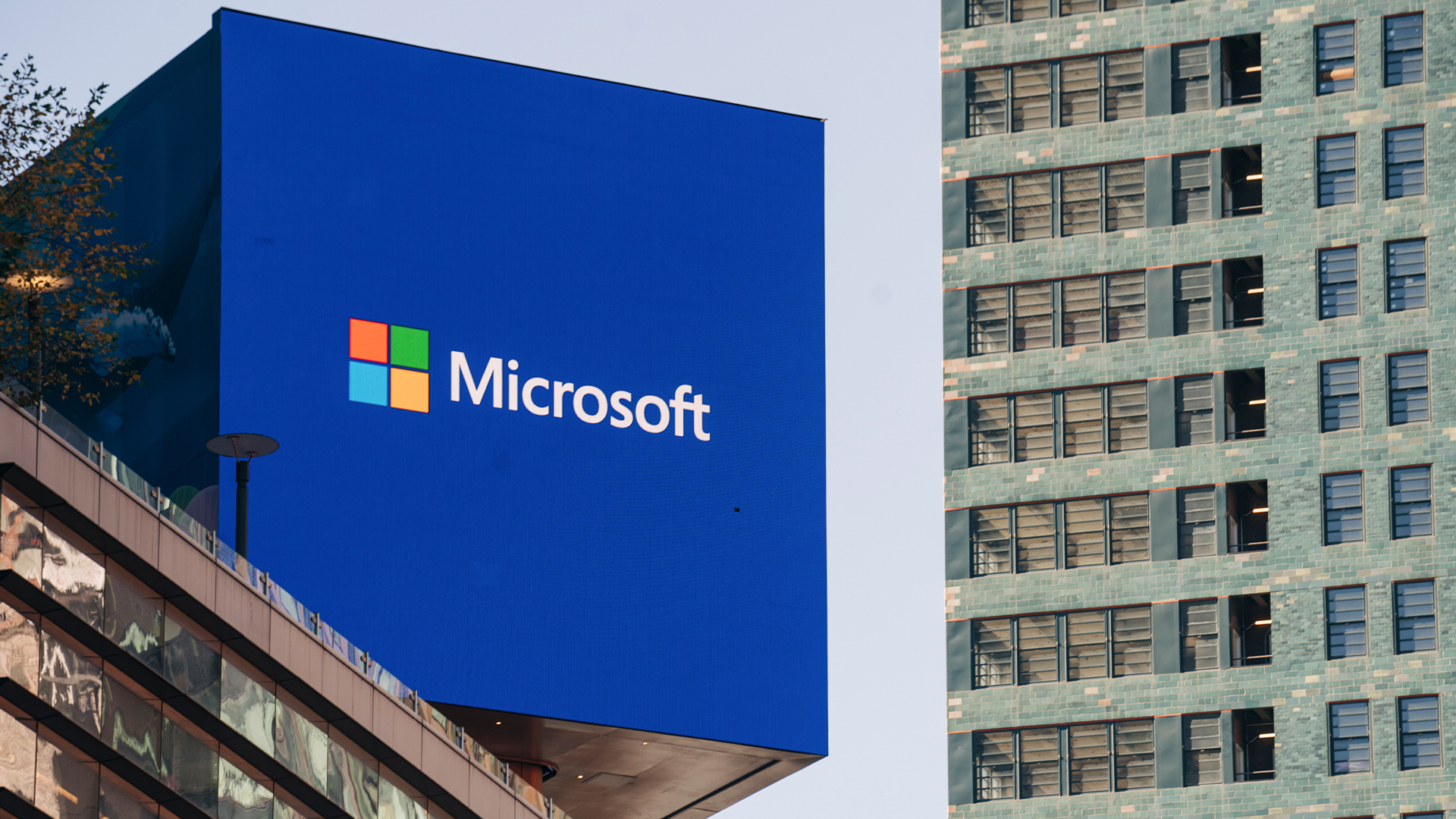 A Windows 11 update bug is breaking SSDs – here’s what you can do to prevent it
A Windows 11 update bug is breaking SSDs – here’s what you can do to prevent itNews Users first began reporting the Windows 11 update bug last week
-
 The Windows 11 migration conundrum: What role can the channel play?
The Windows 11 migration conundrum: What role can the channel play?Industry Insights Resellers are instrumental to making the right choice about the next steps...


